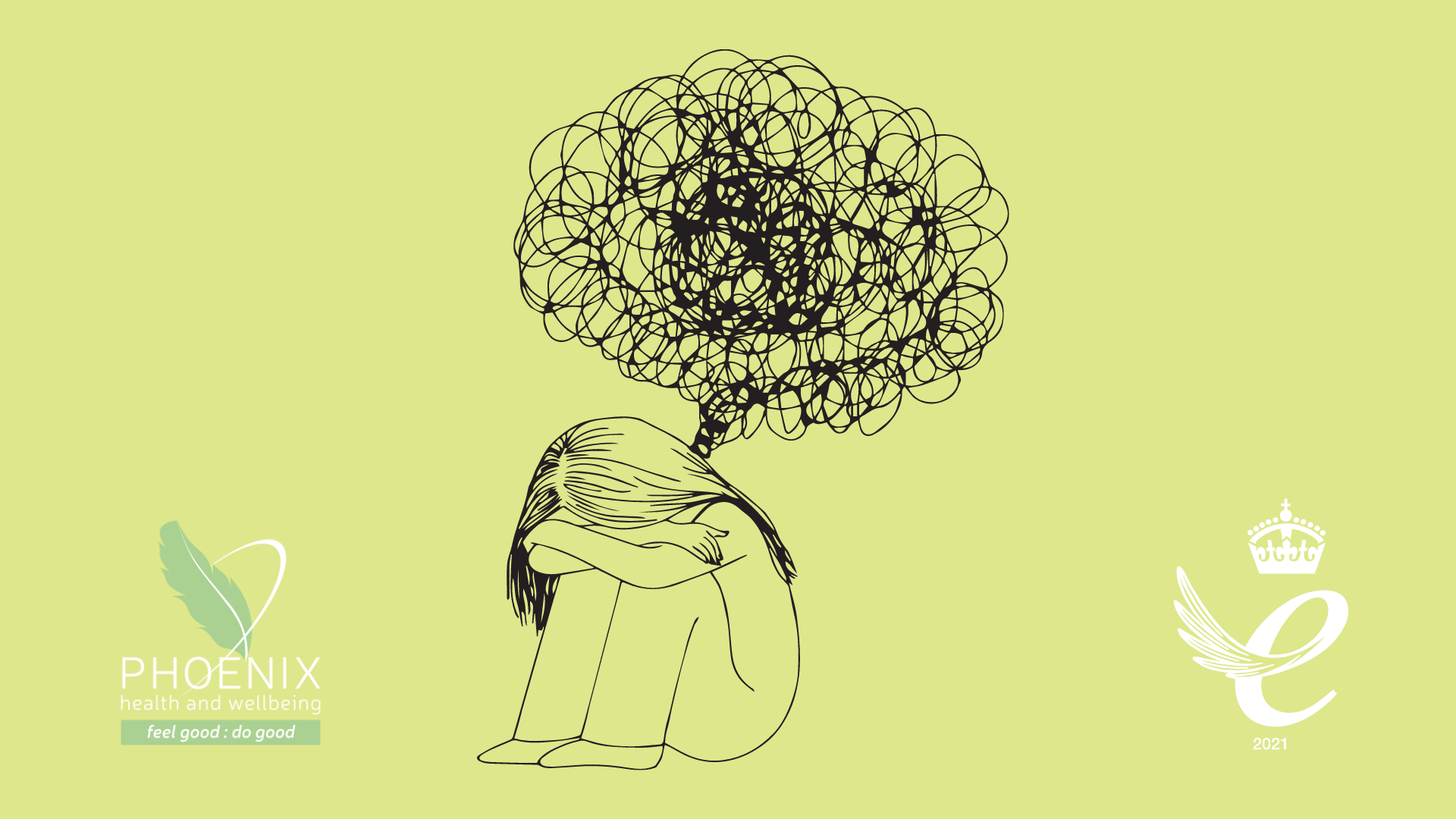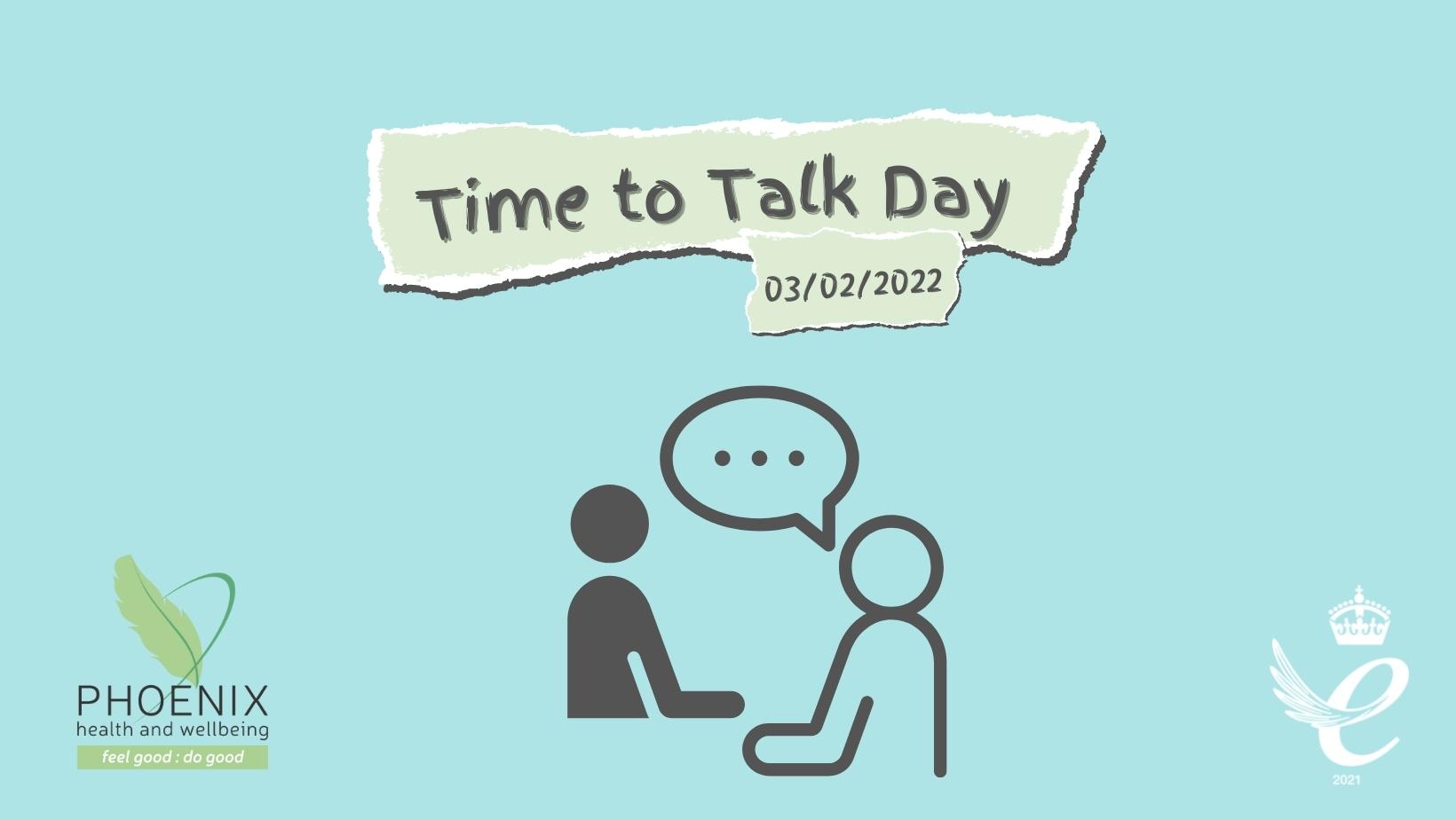
Eating Disorders: Breaking the Silence
The number of people, particularly young men, diagnosed with an eating disorder has increased significantly in recent years. These mental health issues can be really pernicious, often starting in early teenage years but developing over time. There is such a stigma around eating disorders that those effected often try to conceal their health issues, struggling on unsupported.
We run quarterly workshops for our team to help keep us all up to date and to continue with our professional development. We recently had a visit from a healthcare professional, who has herself suffered from eating disorders. It was a fantastic session and we all learned so much. So, in the interest of sharing information and hopefully reducing the stigma we thought we would blog about what we learned.
What is an eating disorder?
Defined by a persistent disturbance of eating or eating-related behaviour, these disorders affect millions. They transcend age, gender, and cultural boundaries. Even though an estimated 1.25 million people in the UK are thought to have an eating disorder there is still a huge stigma surrounding these mental health conditions. This stigma can prevent people from seeking help, reduce awareness and hinder treatment.
Types of eating disorder and prevalence
Eating disorders encompass a spectrum of conditions, each presenting with distinct symptoms and challenges. Among the most well-known are
- anorexia nervosa, characterised by severe food restriction and distorted body image.
- bulimia nervosa, marked by episodes of binge eating followed by purging behaviours
- binge eating disorder, involving recurrent episodes of uncontrollable eating without compensatory behaviours.
- other specified feeding or eating disorders (OSFED) — has the majority of symptoms of the above 3 but not enough to diagnose
- avoidant/restrictive food intake disorder (ARFID) – food refusal due to adverse experiences or sensory issues, anxiety around food, lack of appetite or interest in food,
Number 4 and 5 on this list capture a broader range of disordered eating patterns that may not fit neatly into the other categories.
Of the 1.25 million people who are thought to have an eating disorder in the UK, 47% have OSFED, 22% have binge eating disorder, 19% have bulimia nervosa, 8% anorexia nervosa and 5% have ARFID
 Stop and think!
Stop and think!
1.25 million people in the UK have their lives effected by an eating disorder. Some will manage to contain this condition, some will be trying to cover up their eating disorder, some will ultimately lose their battle. Whichever way you look at this, eating disorders ruin lives. It really is time to share information and become aware.
Here’s some stats
- Hospital admissions for people with eating disorders have increased by 84% in the last 5 years, this is 90% for Children and young people and 128% for boys and men
- Recovery rates are relatively low: 46% for anorexia nervosa and 45% for bulimia nervosa
- 1 in 5 deaths in people with anorexia nervosa are from suicide
- Anorexia nervosa has the highest mortality rate of any psychiatric condition
Understanding the Underlying Factors
While societal pressure to attain unrealistic standards of beauty undoubtedly contribute to the development of eating disorders, their roots often run deeper. Biological, psychological, and environmental factors interplay to shape an individual’s relationship with food and body image. Genetic predispositions, neurotransmitter imbalances, childhood trauma, perfectionism, and low self-esteem are just a few of the many factors that can contribute to the onset and perpetuation of disordered eating behaviours.
The Role of Control and Coping Mechanisms
For many individuals grappling with eating disorders, food becomes a means of exerting control in the face of overwhelming emotions or circumstances. Whether as a response to stress, trauma, or feelings of inadequacy, restrictive eating, bingeing, or purging may serve as maladaptive coping mechanisms. They can offer temporary relief from inner turmoil. Paradoxically, what initially provides a sense of control can ultimately spiral into a cycle of self-destructive behaviour. This can ultimately further erode a person’s physical and emotional well-being.
Breaking the Silence
Despite their prevalence, eating disorders often thrive in secrecy and shame. Individuals may go to great lengths to conceal their struggles, fearing judgment or misunderstanding from others. This culture of silence perpetuates the misconception that eating disorders are mere lifestyle choices rather than serious mental health conditions requiring professional intervention. By talking about eating disorders and raising awareness we hope that we can challenge misconceptions and create a safe space for individuals to seek support and treatment without fear of stigma or condemnation.
The Importance of Early Intervention
Early detection and intervention are crucial in mitigating the long-term consequences of eating disorders. Yet, due to the covert nature of these illnesses, many individuals suffer in silence for years before receiving appropriate care. Educating healthcare providers, educators, and the general public about the warning signs of eating disorders can facilitate timely intervention, potentially saving lives and preventing irreversible physical and psychological damage.
Treating Eating Disorders
Treating eating disorders is not straightforward. Every individual affected can have multiple, complex underlying issues that need to be addressed.
Treatment requires a multifaceted approach that addresses both the physical and psychological dimensions of the illness. Nutritional rehabilitation, psychotherapy, medication, and family-based interventions are among the treatments commonly employed in eating disorder recovery. Effective treatment goes beyond symptom management; it entails addressing the underlying psychological and emotional factors driving disordered eating behaviours. It must help those effected to feel self-compassion and rebuild a healthy relationship with food and body image.
The Role of Support Networks
Recovery from an eating disorder is rarely a solitary journey. Building a strong support network comprising healthcare professionals, friends, family members, and fellow survivors can provide invaluable encouragement and accountability along the road to recovery. Peer support groups, online forums, and community organisations offer spaces where individuals can share their experiences, seek guidance, and find solace in knowing they are not alone in their struggles.
What can I do?
You’ve taken the first step by reading this blog! Increasing knowledge and awareness will hopefully start a positive change in how we all view food, eating and eating disorders. By breaking the silence surrounding these conditions, fostering early intervention, and promoting holistic treatment approaches, we can pave the way for healing and recovery.
If you find yourself affected by eating disorders or want more information about treatment and support BEAT are an excellent source of information. https://www.beateatingdisorders.org.uk/. Please don’t suffer in silence. Instead seek treatment as soon as possible.
Further reading and references
Owen Hibberd, Kat Priddis “Medical Emergencies in Eating Disorders, Don’t Forget the Bubbles” 2022 Available at https://doi.org/10.31440/DFTB.50368
Royal College of Psychiatrists (2022) https://rcpsych.ac.uk/
Start-up H. Franklin-Smith M. Barber W. et al. “The Maudsley Anorexia Nervosa Treatment for Adults (MANTRA): a feasibility case series of an integrated group-based approach. Journal of Eating Disorders 9, 70 (2021)
Phoenix Health and Wellbeing is a charitable social enterprise based in Leeds, West Yorkshire. We offer support in the form of counselling, acupuncture and massage therapies to people who are referred to us by medical professionals, due to their chronic health issues and low incomes. We fund this support by offering the same treatments to the general public at the market rate. The proceeds of these treatments are directed to our charitable work. By using our services you are helping us to continue with this life enhancing support.
Find out more about our work here or click here to make a booking
Opening times:
Monday to Thursday: 10.00 to 20.00
Friday and Saturday: 10.00 to 16.00

 Stop and think!
Stop and think! 


